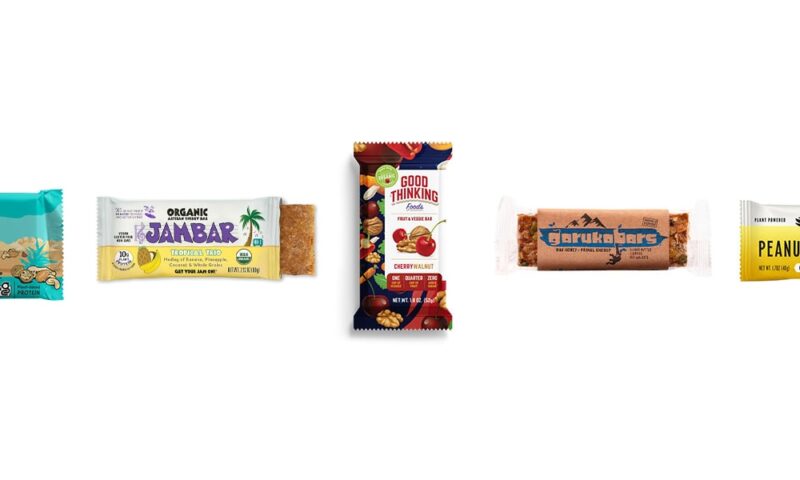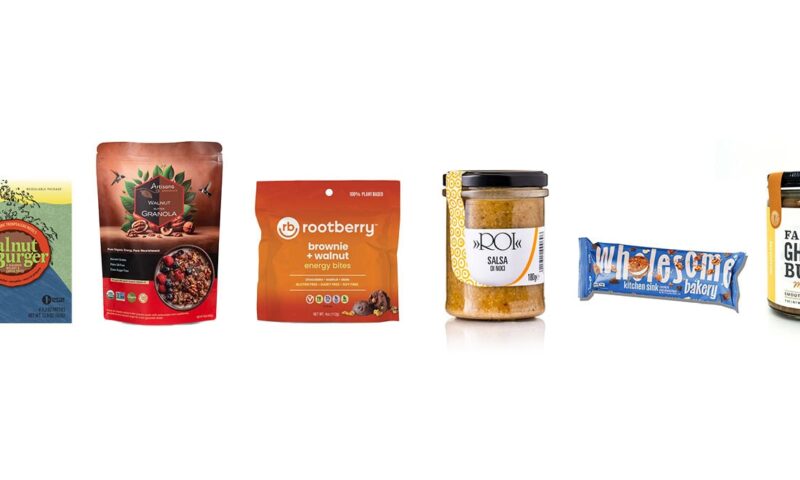Grabbing a handful of walnuts is a heart-healthy* way to indulge in nutritional benefits without the guilt. After all, just one ounce of walnuts provides 2.5 grams of plant-based omega-3 ALA, 2 grams of dietary fiber and 4 grams of protein. However, what if we season or coat walnuts with on-trend flavors? How can food manufacturers and foodservice operators make this nutritious nut even more appealing? Let’s explore.
Walnuts have a distinct flavor and subtle nuttiness that pairs well with sweet, savory and spicy foods. That’s right, walnuts are a flavorful formula fit in plant-based meats as well as indulgent candy bars. We worked with the Davis Sensory Institute to find out what flavors consumers like pairing walnuts with most. The top 5 flavor pairings were dark chocolate, sesame cayenne, vanilla, sea salt caramel and coffee. Talk about range!
Walnuts truly are a versatile ingredient that enhances product formulas in countless categories. Here are three stand-out products that showcase walnuts’ versatility to enhance flavor.
Humans are blessed with thousands of taste buds, allowing for enjoyment of a multitude of flavor profiles. Pair countless flavor profiles with walnuts to create a new winning product that satisfies spicy, sweet and savory applications.

Spicy: Cayenne Pepper + Walnuts
Nothing is blah about A Boring Life’s Roasted Walnuts with cayenne pepper and chili powder. The roasted walnuts are paired with hemp extract, coated with organic coconut oil and then seasoned with the spicy mix.

Sweet: Dark Chocolate + Walnuts
The Reishi Walnut Chocolate Bar by Vosges blends reishi and mushrooms, bittersweet 72% cacao dark chocolate and roasted walnuts. This sweet bar also provides 3 grams of dietary fiber and 2 grams of protein per serving.

Savory: Sundried Tomatoes + Walnuts
Eat Nice’s Meaty Walnut Ravioli is a blend of walnuts and sun dried tomatoes. If you’re a plant-based pasta lover, this product delivers a meat-like fix without the meat. Add a little sauce or cheese, and you’ve got a savory meal made with walnuts.
*Supportive but not conclusive research shows that eating 1.5 ounces of walnuts per day, as part of a low saturated fat and low cholesterol diet and not resulting in increased caloric intake, may reduce the risk of coronary heart disease. (FDA) One ounce of walnuts offers 18g of total fat, 2.5g of monounsaturated fat, 13g of polyunsaturated fat including 2.5g of alpha-linolenic acid – the plant-based omega-3.



